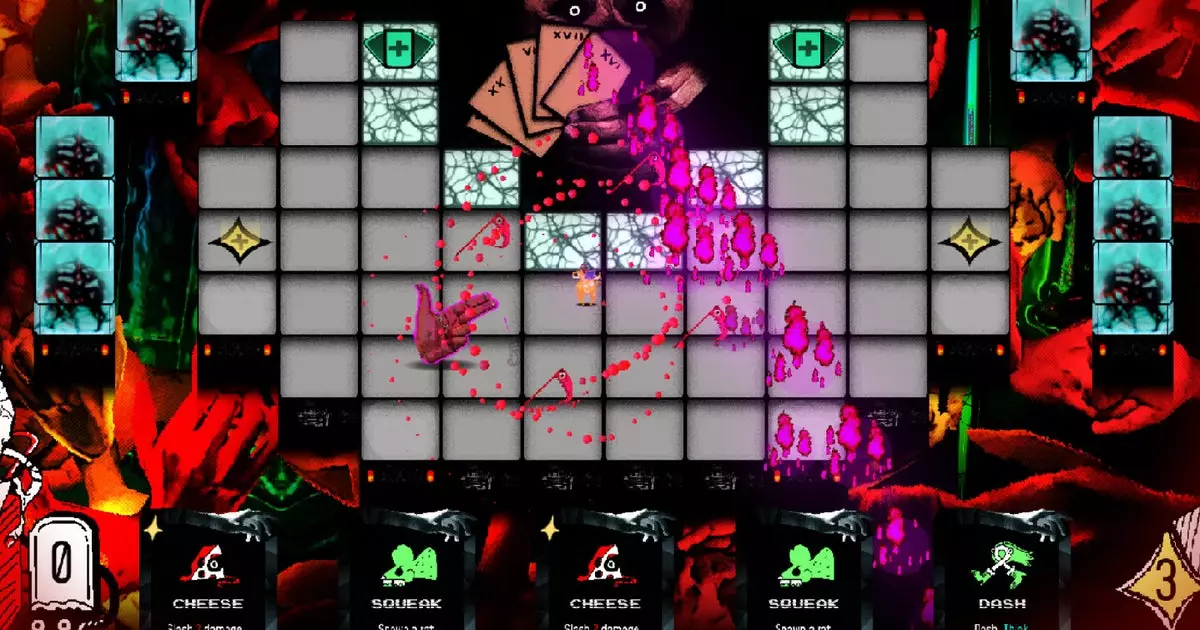At the intersection of creativity and chaos lies LYMBUS, a game that defies conventional genres and invites players into a deeply immersive experience. The narrative hook revolves around a dystopian future in the year 19XX, where the marvels of neuromechanical technology have gone awry, leaving humanity in a state of perpetual comatose. Players are thrust into this surreal landscape, tasked with navigating the labyrinth of humanity’s collective subconscious to retrieve lost memories. This foundational premise provides a rich backdrop against which players must engage in riveting battles, high-stakes strategy, and heightened emotional stakes.
LYMBUS is characterized by its roguelike bullet hell format, a genre that combines the unpredictability of roguelike gameplay with the frantic nature of bullet hell shooters. In this setting, players are not merely moving from point A to point B; they must also engage with an intricate card-based system that dictates their actions. With each card representing a potential action—be it shooting, dodging, or slashing—players are required to think quickly and strategically. The challenge lies in managing resources effectively, as cards burn upon use, adding an additional layer of urgency to the gameplay. This unique integration of real-time resource management amplifies the thrill, creating a frenetic environment where split-second decisions determine survival.
Beyond its engaging mechanics, LYMBUS is rich in thematic content that encourages players to ponder the implications of memory and technology. The game serves as a commentary on modern society’s increasing reliance on digital memory and the potential consequences when technology fails. As players traverse this landscape, they are continually confronted with the fragility of human memories and the paradox of losing one’s identity in an increasingly mechanized world. This narrative depth elevates LYMBUS, transforming it from a mere game into a philosophical exploration of existence.
Artistically, LYMBUS showcases a distinctive visual style that complements its thematic richness. The graphics evoke a bizarre yet captivating aesthetic that draws players deeper into its world. The design choices seem deliberate, mirroring the chaotic nature of the narrative. Each encounter feels like stepping into a fever dream, promoting an atmosphere where the absurdity of the situation complements the gameplay’s intensity. Such design choices help shape a gaming experience that is not only fun but unforgettable.
As LYMBUS prepares for its full release later this year, the excitement surrounding it continues to grow. Game enthusiasts are eager to see how the final version will expand upon the demo and whether it will fully capitalize on its ambitious design and narrative elements. With its unique fusion of genres, immersive gameplay, and contemplative thematics, LYMBUS is poised to make a significant impact in the gaming landscape. Players are left wondering how this intricate tapestry of strategy and chaos will ultimately play out— and whether they can withstand the delightful bullying this game represents.


Leave a Reply
You must be logged in to post a comment.